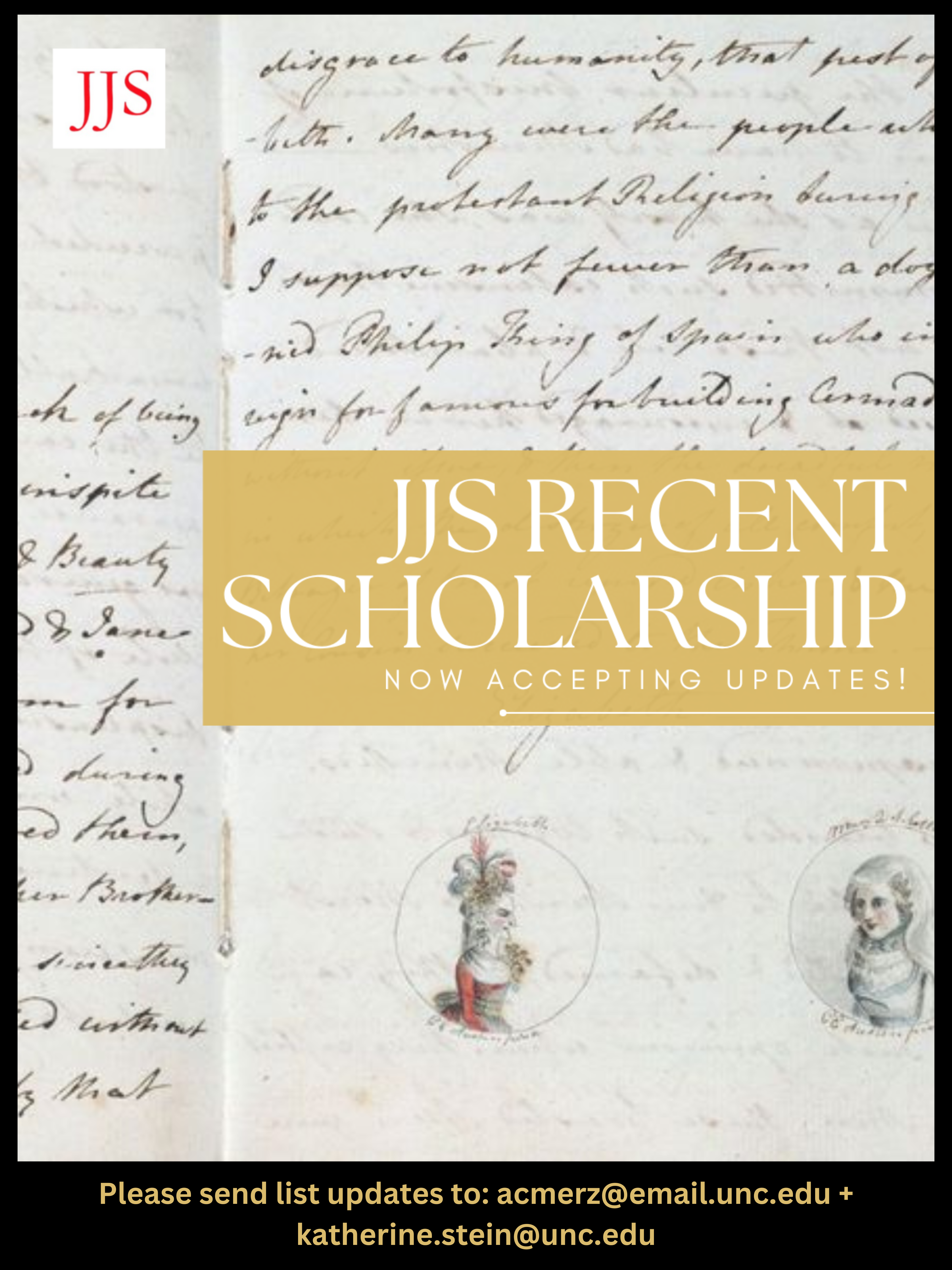“Words are Things”: Byron’s Fugitive Pieces
DOI:
https://doi.org/10.29173/jjs84Abstract
Conspicuously little critical attention has been devoted to Byron’s earliest publication, less even to his first collection, Fugitive Pieces (1806), a little book of poems—‘trifles’, as he calls them—written in his teenage years and meant only to be circulated privately among friends. Even for those critics who do not dismiss Fugitive Pieces as simply puerile, the consensus that ‘it did not as yet embody his final thoughts’ (Cochran) leads to the conclusion that Byron’s first books are unmistakeably personal works (McGann), that is to say, works that express a mental interiority in its infancy. While this is doubtlessly true, the material and linguistic dimensions of Byron’s early poetic experiments are at risk of being lost in an overtly biographical reading. ‘Words are things’, says Byron at various points across his oeuvre. Rather than positing Byron’s juvenilia as expressive of a certain character, a stage in his personal development, I want to trace a certain continuity of ideas, specifically regarding the (still embryonic) relationship between thinghood and the word.
Downloads
Published
Issue
Section
License
The Creative Commons Attribution-Noncommercial-No Derivatives 4.0 International license applies to all works published by the Journal of Juvenilia Studies and authors retain copyright of their work.
![]()



.jpg)

 Dedicated to the discussion and promotion of literary works by young writers
Dedicated to the discussion and promotion of literary works by young writers
